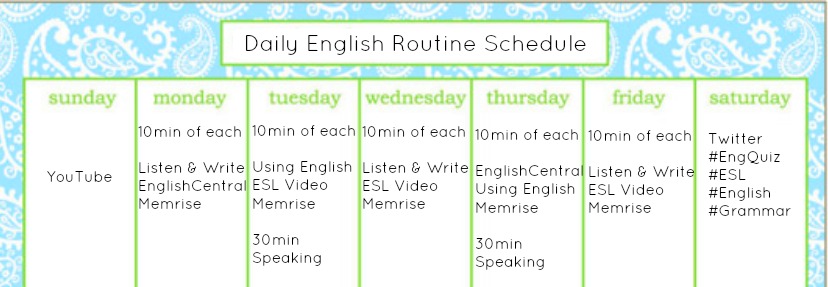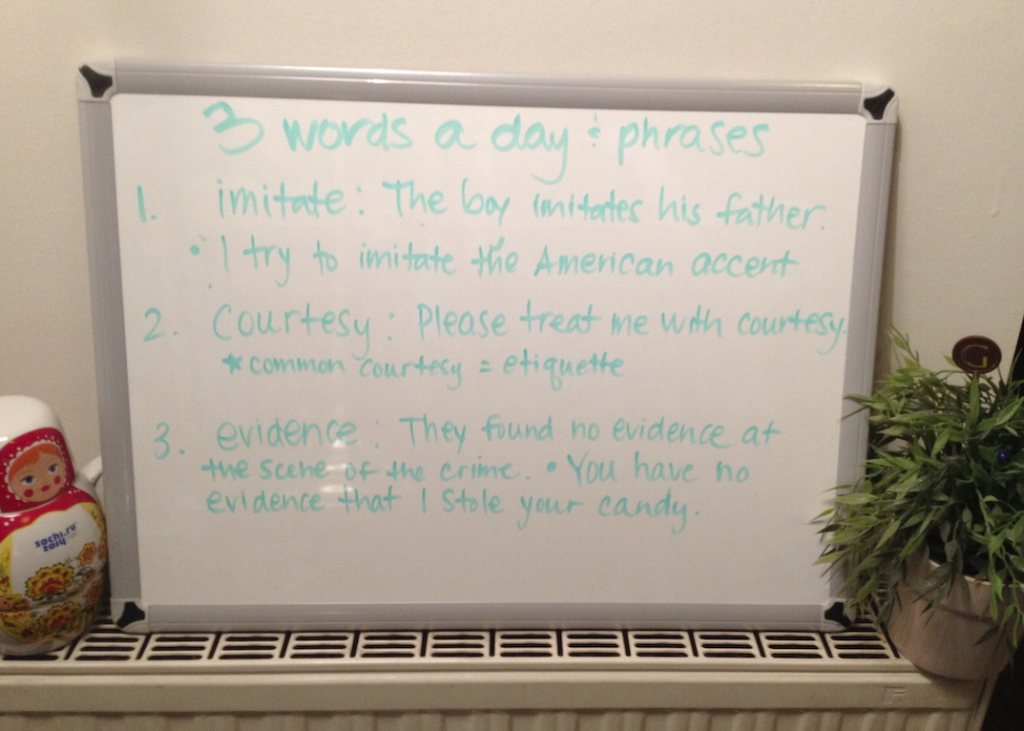Increasing Your English Vocabulary
If you are going to be a great English speaker, you must not underestimate the most important feature of the language: the words!
Grammatical correctness and sentence structure are important, but without knowing actual English vocabulary, success with these skills will be irrelevant. When you gain knowledge of words in English, you will be able to state your thoughts, emotions, and opinions accurately.
Enhancing your vocabulary won’t be easy—especially if you don’t live in a country where English is the common tongue. You will be less likely to come into contact with English words throughout the course of your day. Luckily for you, you will have the chance to succeed by taking just a few moments of your day to learn new words. By practicing the following advice, you’re likely to see significant improvements every week.
Read in English
In order to be a successful English speaker, you will need to practice reading in English. The very best students of the English language are those who appreciate English literature. They make the effort to read a significant amount in English every week in various topics.
Now we know: you’re a busy person! You likely have a career, children, and other activities that add to your life. However, by taking as like as 30 minutes per day to practice reading English works, you are for more likely to succeed in you goal to be a good English speaker.
This doesn’t mean that you have to run out and and read the entire works of Shakespeare. Rather, you should choose to read about something you’re interested in. If you like sports, read an English article about your favorite athlete. If you love to read social media updates, change the settings on your computer to English and go about your normal browsing. 30 minutes isn’t a long portion of your day to dedicate to your English language study, and you’ll likely see improvements immediately!
Practice Using Your Vocabulary
When you come across new and interesting English words, it might be your first instinct to say “I’ll stick to the words I know.” While this is an understandable mindset, successful English speakers are more inclined to step outside of the box.
When you find English words that you don’t know, make an effort to write them down, look them up in the dictionary, speak them, and write them. Dedicate around 20 minutes per day going over the new words you learned that week and commit to using those words in conversation at least three or four days a week.
Working with your online ESL teacher, you will soon learn how to use each word in context and gain mastery over all of the English vocabulary you’ve been working on.
These are only a couple of strategies that will help you to increase your vocabulary in the English language. Try them out and see how they work for you. If you’re looking for more strategies, contact me and I will be happy to help you develop a vocabulary plan that will work for you.











